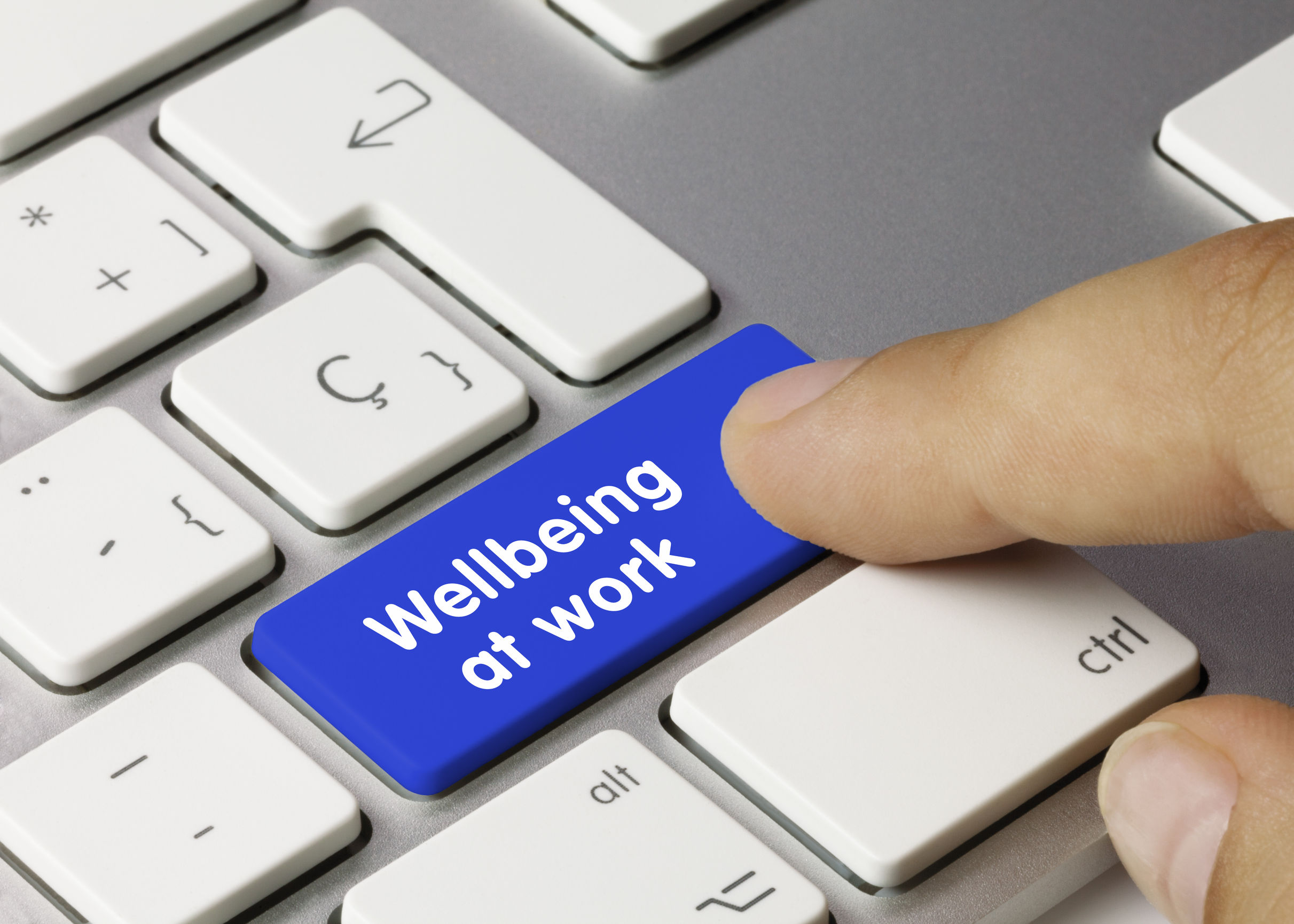Organisations urged to prioritise employee well-being

Whether organisations decide to return to their workplaces or continue with remote working arrangements, a new world of work has been created because of COVID-19. Are employees ready for the ‘new normal’?
According to Mercer’s 2020 Global Talent Trends Study, only 45% of executives believe their workforce can adapt to the new world of work, while only 14% of organisations have conducted an internal survey, interview or focus groups to understand what employees are thinking and feeling.
Another 36% of respondents indicated that employees working remotely are experiencing mental health issues due to social isolation and economic anxiety. This finding, said Mercer, highlights the need for employers to do more to support their employees in areas like mental health and financial well-being.
Although 61% of employees trust their employer to look after their well-being and 48% of executives rank it as a top workforce concern, only 29% of HR leaders have a health and well-being strategy.
Liana Attard, Multinational Client Group Leader, Asia, Mercer, said, “Disruption brings opportunity to reflect, reset and reinvigorate, to re-examine business models, to adopt more sustainable practices, and to adapt to new ways of working and embracing digital solutions to prepare for the future of work.
“Throughout all of this, it is imperative to lead with kindness – engage, listen and understand the impact to the employee experience.”
As the Mental Health Awareness Week is observed from May 18-24, Mercer also offers seven tips on how employers can support kindness and mental well-being in the workplace:
Lead with empathy
Leaders need to demonstrate that they understand the employee experience by gathering inputs through surveys or focus groups, and reflect that understanding by communicating with employees
Build community
Offer support and encourage work-life balance through programmes such as virtual happy hours and events.
Align benefits with needs
Determine what more can be done to ensure employees and their family members have access to mental health providers and resources.
Offer digital options
Prioritise digital healthcare solutions and the accessibility to care and support. With physical distancing restrictions in place, virtual visits with coaches or licensed therapists are a critical programme component.
Train managers
Provide frontline managers and supervisors with information and skills to recognise mental health needs and to connect people to appropriate benefit and community resources.
Link to local resources
Connect employees to local resources such as childcare, eldercare and housing. Sharing information about employee support programmes can go a long way toward demonstrating empathy for employees.
Be a source of truth
Access to reliable information is more important than ever when employees are being bombarded with news from so many sources. Continue to communicate and engage with employees.



